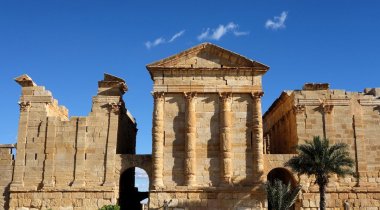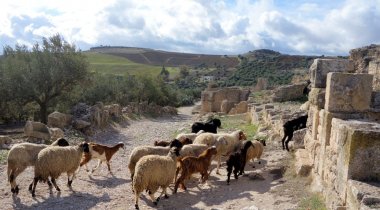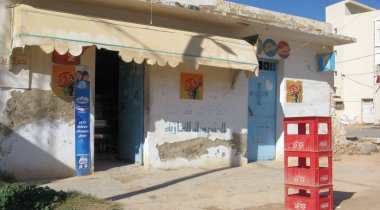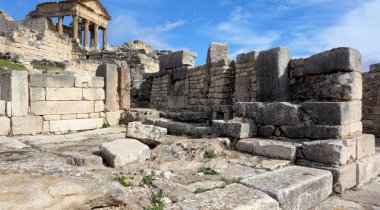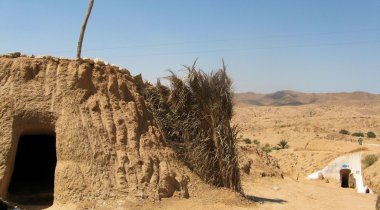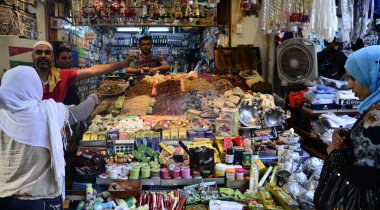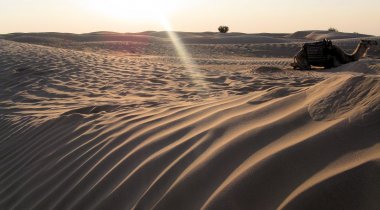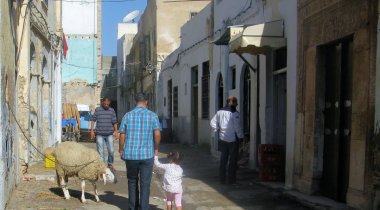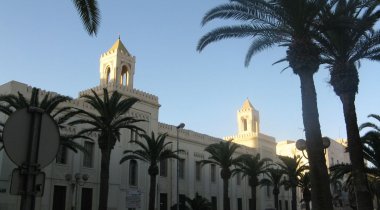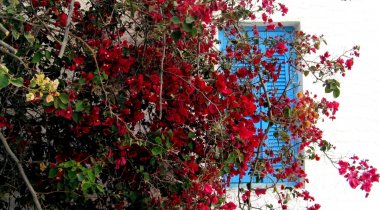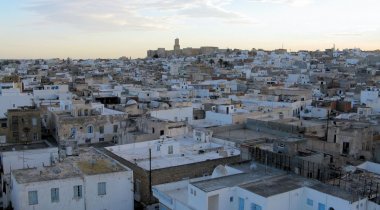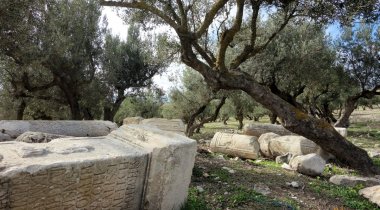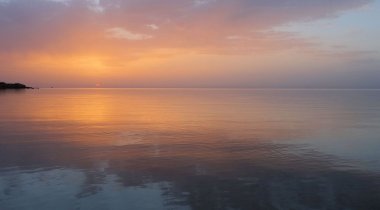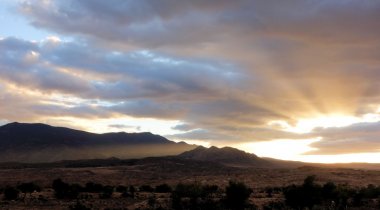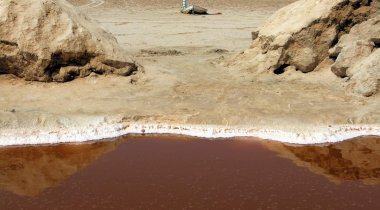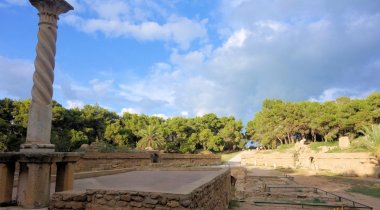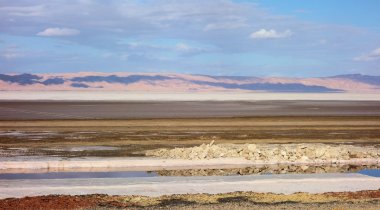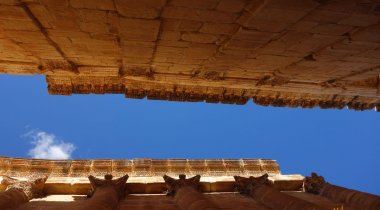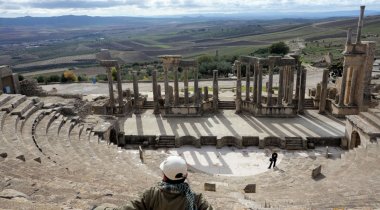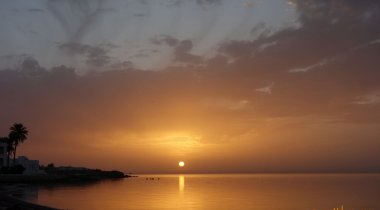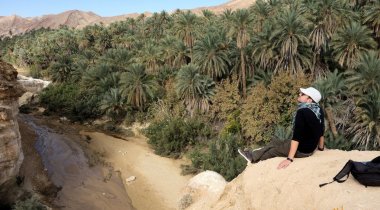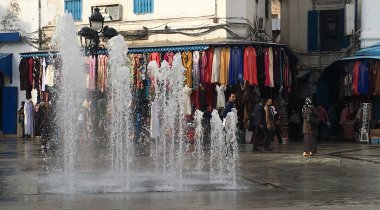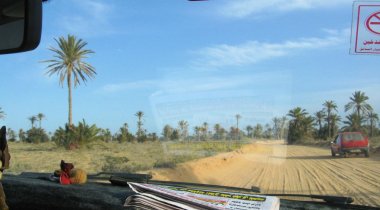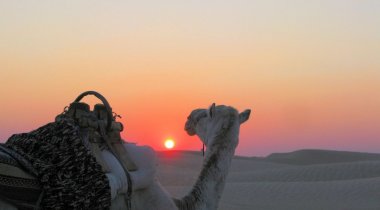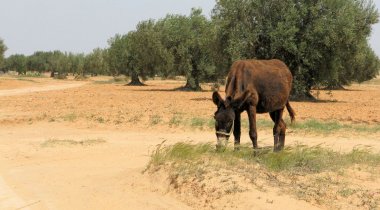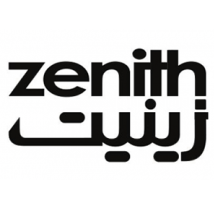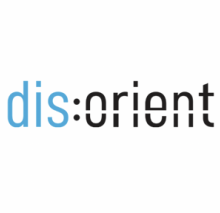Although many travelers associate Tunisia with its exquisite beaches, the North African country has far more to offer. Its empty deserts, enormous salt lakes and scattered oases tempt those who love varied landscapes. At the same time, Phoenician, Roman, Ottomans and many more have left behind impressive architectural heritage for history buffs to explore. UNESCO has added several of the country’s cultural sites to its World Heritage List.
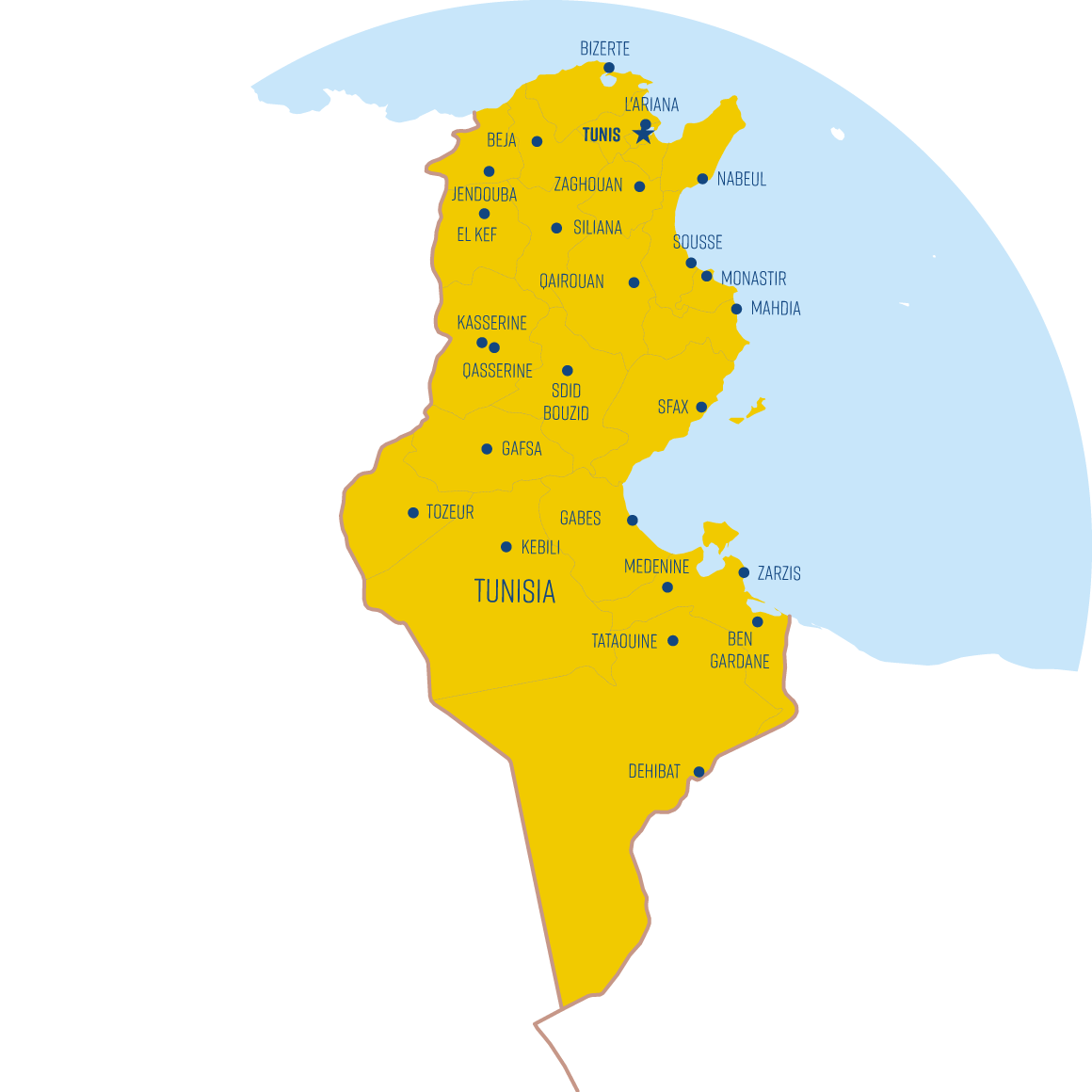
The country is no less exciting in regards to its politics. Triggered by the self-immolation of the vegetable vendor Mohamed Bouazizi, the “Arab Spring” that began in Tunisia in 2011 toppled the local dictator, Ben Ali, and spread its revolutionary momentum throughout the region. However, while Egypt, Libya, Syria, and Yemen descended into chaos, Tunisia managed to transition to a participatory and democratic system, with the right to freedom and democracy anchored in its new constitution of 2014. A unity government followed, which was formed with Islamist and secular forces in 2015.
However, the country still faces plenty of challenges: most foreign fighters for the “Islamic State” come from Tunisia, while in 2015, violent Islamists targeted the country’s important tourism sector. While bleak prospects for inhabitants of the Tunisian periphery help to breed extremism, Tunisia is rising to its challenges. The “Tunisian National Dialogue Quartet”, formed by its four most powerful workers unions, was awarded the Nobel Peace Prize in 2015 for helping the country transition to democracy.
Unsere Highlights
Civil society
We will get to know people and organizations that witnessed the 2011 “Jasmine Revolution” and are now promoting and encouraging an increase in democratic participation. Our trip features encounters and discussions with locals — journalists, union organizers and cultural activists. We will also address social fault lines between secular and Islamist forces, as well as socio-economic disparities in the country.
Culture
Tunisia boasts several UNESCO World Cultural Heritage sites. The Medinas of Tunis and Sousse, the al-Ghriba Synagogue on the island of Djerba, and the archeological treasures of Carthage and El-Djem, are some noteworthy examples. Besides that, a nourishing new cultural art scene is developing as well as many grassroot movements in the cultural sector.
Nature
The small country boasts an impressive variety of nature, from white sandy beaches, forests and mountain ranges, to fresh- and salt-water lakes and oases in the Sahara.
Political briefings
We will attempt to retrace Tunisia’s turbulent recent history in brief, but in-depth, discussions. How did the fall of Ben Ali come about and what followed? How did upheavals in neighboring countries influence the situation in Tunisia? How strong is Tunisia’s democracy? What are Tunisia’s most pressing political and economic challenges today? These are only a few of the questions we plan to explore.
Migration
In Tunisia, we encounter the topic of migration in different ways. About one million Tunisians - of a population of 12 million - live abroad, most of them in Europe. Tunisia is also an important transit country and destination for refugees from neighboring countries and Sub-Saharan Africa. We will explore how these migration flows affect the country.

